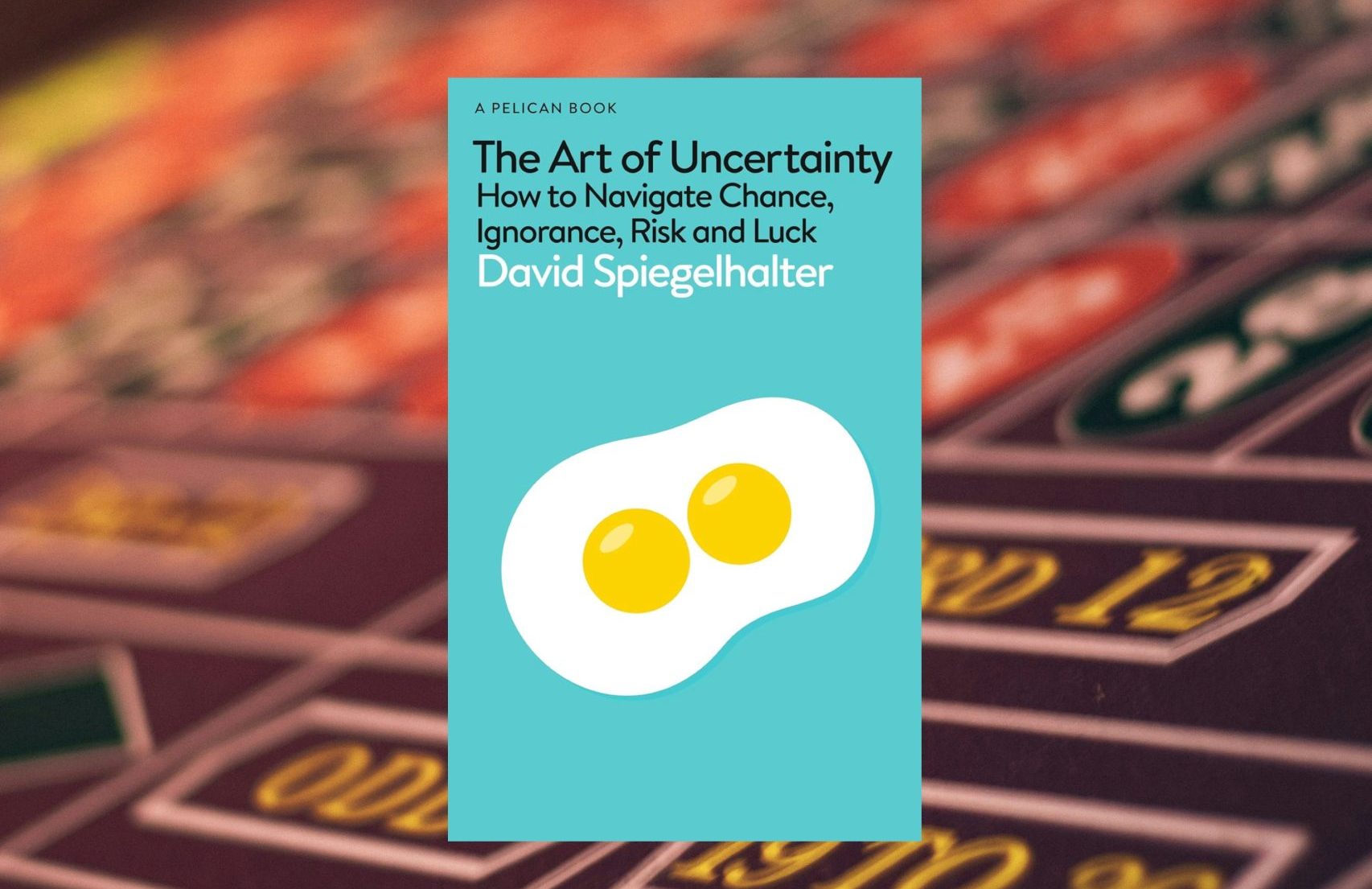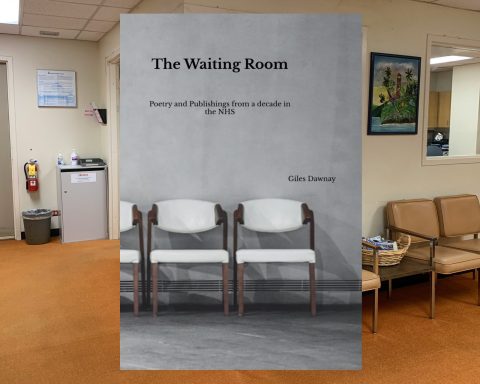
Uncertainty is our closest companion in general practice. We don’t know what the day will bring, or what will come next through the door. We are expected to define and solve human distress at ten minute intervals, usually without knowing what kind of distress to expect.
Most people seek predictability in their lives, and even those who get excitement from unpredictability don’t seek it in the forms we see most often in our consulting rooms – back pain, depression, breathlessness, tiredness all the time. In popular writing, medicine is simplified and glorified as diagnosing and curing. That’s why we chose to do it. But general practice is more often a sump for the kinds of misery we all encounter occasionally but usually wish to forget afterwards. And, as many practitioners have pointed out for years, it is a “risk sump” too. Hidden among the back pain is the occasional compressive cancer, among the depression quite a lot of domestic abuse and the odd impending suicide, among the breathlessness undiagnosed heart failure, among the tiredness all sorts of potential endocrine disorders, post-viral states and sometimes malignancy.
Can we be taught how to cope with so much miserable uncertainty throughout our professional lives?
Can we be taught how to cope with so much miserable uncertainty throughout our professional lives? Reflecting on my own life as a GP and an occasional educator, I am sure that the answer is “possibly”; but currently not to a very full degree. General practice is like life, only distilled to concentrate on the unpleasant bits. Many political and legal systems are built on the presumption that we all cope with life in the same way. Many religions assert that some ways of coping are more acceptable to God than others. But reality shows us that there are myriad individual coping strategies, conscious and unconscious, even among law-abiding believers.
A classic group coping mechanism in medicine is to fall back on the science and on the apparent certainty of numbers, which we call “evidence”. To seal its victory over messy reality, evidence based medicine even has numbers to define the bounds of uncertainty. People selected for getting three top-grade science A levels find a lot of comfort in this. I do myself. The science of medicine is a triumph of the intellect and has done immeasurable good. But applied to the individual in distress, it shows all its immeasurable weakness.
A classic group coping mechanism in medicine is to fall back on the science and on the apparent certainty of numbers, which we call “evidence”.
Not all of David Spiegelhalter’s magnificent new book deals directly with this, but where it does, it is better than anything else I have read about uncertainty in medicine. It is beautifully organised and written, well-illustrated with figures and examples, and most of the maths is of the kind that even I can follow, if I make the effort – a very low bar indeed. However, it cannot be rushed, and it should be read at least two chapters at a time, to appreciate the connectedness of the narrative. And it must be read to the end, because some of the best bits are there, hiding in modest, understated sections like Artificial Intelligence (p.424). No skipping, no hurrying.
Even the chapters least connected with medicine have their place in reshaping your mind to understand that probability is not an objective property of anything, except perhaps in the quantum world of subatomic particles. “Uncertainty is not a property of the world, but of our relationship with the world” (p.19). Certainty is a feeling within each individual, which may or may not have good reasons.
Not that most of the content is nearly so philosophical. On the contrary, it is highly practical and full of marvellous learning material, for example on the true history of Bayesian thinking, how to think about clusters of death, or why the RECOVERY trial was so special. If you lack David’s elegant brain, you will want to keep this book handy to remind you why certain things necessarily follow from others, and also why they often don’t. Whatever general practice or life may throw at you, it certainly follows that you should read this book.
Featured book: David Spiegelhalter, Published 2024, Penguin, ISBN: 9780241658628, Hardback £22
Featured Photo by Brice Cooper on Unsplash






